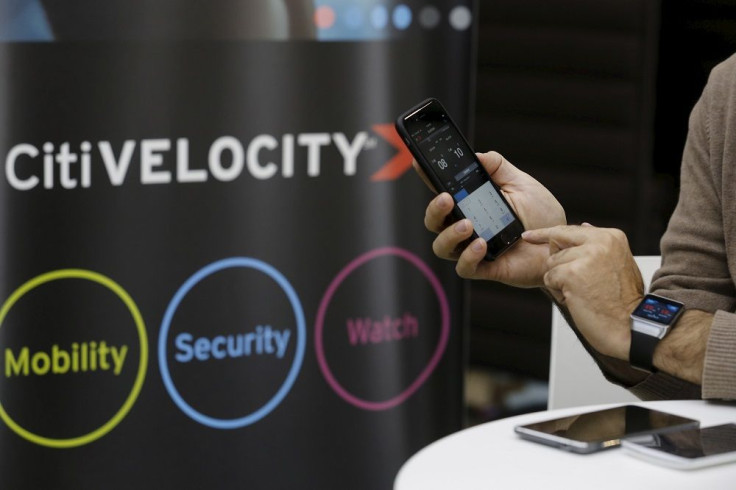How far mobile apps will go to get really personal

The number of mobile device usage is in its growing state and would drive mobile data growth to a 66 percent annual increase until 2019, according to the 2015 Mobile Economy Report . However, a mobile blog emphasised that understanding a device’s capability is truly game-changing, more so than acquiring data sets on mobile device usage.
In 2015, insights from mobile engagement platform Localytics showed that mobile commanded a significant part of companies and businesses. The questions raised were regarding how well they know the behaviour of their app users and where mobile apps would go. Ninety-four percent of businesses affirmed they know their users and what they want. Users expect so much more to mobile apps than just being able to deliver services. Consumers want a more personal approach when it comes to apps
Consequently, mobile app developers and marketers are responding to survey and research data to drive their markets to survival and growth. They are refocusing their apps, respective niches and industries to deliver truly personal services such as knowing your preferred music, which news sites you like to read first, your personal fitness preference and even your medical concerns.
Digital assistants help personalisation
Personal digital assistants have continuously helped in developing apps towards personalisation. By taking note of users’ personal preferences, locations and even habits, digital assistants can now be pushed to handle complex tasks.
Siri, Apple’s digital personal assistant, has become more all-around. Aside from being able to answer questions on locations, place calls on your mobile device, and make dinner reservations, just recently, Siri has even become baseball smart and can now answer more data specific questions on the popular sport.
On the other hand, the news industry, especially business and finance news like Born2Invest , Business Insider, and Bloomberg, has also benefited from consumer’s personal data in terms of delivering specific news to its readers.
The mobile business and finance news app which launched in 2015, is able to deliver unique curated content in different parts of the world. Thanks to its human curators and localisation, the mobile app currently runs nine editions and available in 24 languages, including Thai, Turkish, Vietnamese, Croatian, German, Macedonian and Romanian.
“Up until such time when we reverse engineer the human brain, there will be a place for human curators, just like there is a place for museum curators. The biggest edge human curators have over machines at this point is that they are simply better at determining what another human may find useful and engaging,” said Dom Einhorn, Born2Invest CEO and founder in an exclusive interview.
Mobile app users in a Dynatrace study suggested that user experience is critical in determining the efficiency of mobile apps and users are not hesitant to reveal apps shortcomings. Users are expecting to get more reliable and personal service from mobile apps in exchange of personal information they share.
In February 2016, Chariot for Women was born in response to allegations of the service inefficiency and questionable passenger safety of Uber app users, especially women. The new mobile app catered to women and practiced the safest riding policies for their customers.
Today’s modern technological era has created a society where connectivity matters most. Mobile devices have evolved into a powerful tool capable of effectively performing tasks—such as word processing, marking important events on calendars—aside from being the main source of communication. It has also opened new opportunities for businesses to develop mobile apps that link businesses to employees, delivers products to consumers, provide health information and solution to patients.





















